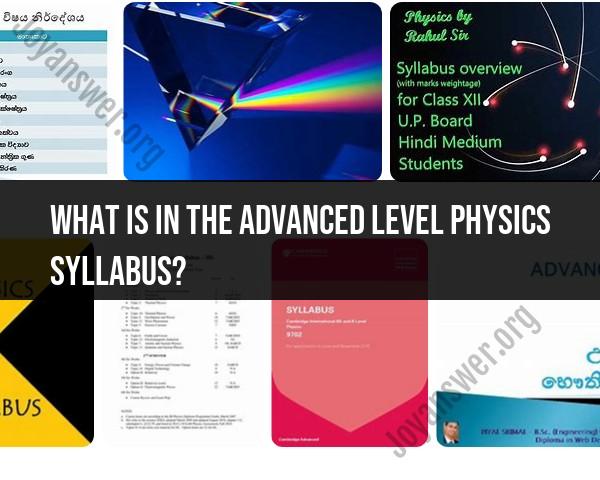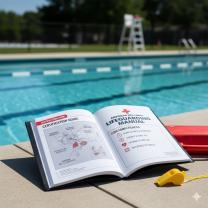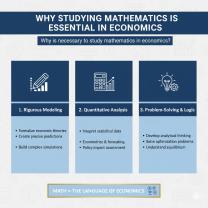What is in the Advanced Level physics syllabus?
The content of the Advanced Level (A-Level) Physics syllabus can vary depending on the country and the specific examination board or educational system being followed. However, A-Level Physics typically covers a wide range of fundamental physics topics, providing students with a strong foundation in the subject. Below are some common topics that you might find in an A-Level Physics syllabus:
Mechanics:
- Kinematics (motion)
- Forces and Newton's laws
- Work, energy, and power
- Circular motion
- Momentum and collisions
- Gravitational fields
Electricity and Magnetism:
- Electric fields and potential
- Current and resistance
- Electromagnetism
- Magnetic fields and electromagnetic induction
- Alternating current (AC) circuits
- Capacitance and inductance
Waves and Optics:
- Wave properties (e.g., interference and diffraction)
- Ray optics
- Wave optics
- Sound waves
- Doppler effect
Thermodynamics:
- Thermal properties of matter
- Laws of thermodynamics
- Heat engines and refrigerators
Nuclear Physics:
- Structure of the atom
- Nuclear reactions
- Radioactivity
- Nuclear energy
Particle Physics:
- Subatomic particles
- Fundamental forces
- Particle interactions
Quantum Physics:
- Quantum mechanics
- Wave-particle duality
- Quantum states and operators
Astrophysics:
- Solar system and celestial objects
- Stellar properties
- Cosmology
Practical Skills: A-Level Physics typically includes laboratory work and practical experiments, as well as the development of scientific investigation and analysis skills.
Mathematical Techniques: A strong emphasis is placed on mathematical skills and problem-solving, as these are integral to understanding and applying physics concepts.
Optional Topics: Depending on the specific syllabus or examination board, students may have the option to choose from a list of additional topics or areas of interest, such as electronics, medical physics, or engineering physics.
It's important to note that the specific content and depth of coverage can vary based on the educational system and the organization offering the A-Level program. To get a detailed understanding of the specific topics covered in an A-Level Physics syllabus, you should refer to the curriculum guidelines provided by the relevant examination board or educational institution.
Exploring the Content of the Advanced Level Physics Syllabus
The Advanced Level (A-Level) Physics syllabus is a comprehensive and challenging curriculum that covers a wide range of topics in physics. The syllabus is designed to prepare students for the rigors of university-level physics courses.
The A-Level Physics syllabus is divided into two parts: Core Physics and Applied Physics. Core Physics covers the fundamental principles of physics, such as mechanics, electromagnetism, and waves. Applied Physics covers more specialized topics, such as nuclear physics and particle physics.
Topics Covered in Advanced Level Physics: A Comprehensive Overview
The following is a comprehensive overview of the topics covered in the A-Level Physics syllabus:
- Core Physics:
- Mechanics: Motion, forces, energy, momentum, and work.
- Electromagnetism: Electric and magnetic fields, circuits, and waves.
- Waves: Sound waves, light waves, and mechanical waves.
- Applied Physics:
- Quantum physics: Energy levels, photons, and the wave-particle duality of light.
- Nuclear physics: Nuclear structure, radioactivity, and nuclear reactions.
- Particle physics: The fundamental particles of matter and the forces that act between them.
Preparing for Advanced Level Physics Examinations: Key Syllabus Points
When preparing for A-Level Physics examinations, it is important to focus on the key syllabus points. These are the most important concepts and ideas that students need to know and understand in order to succeed.
The key syllabus points for A-Level Physics can be found on the websites of the various examination boards, such as Cambridge Assessment International Education and Pearson Edexcel.
A Deeper Dive into the Advanced Level Physics Curriculum
In addition to the key syllabus points, it is also important to have a deeper understanding of the A-Level Physics curriculum. This means understanding the relationships between the different concepts and ideas, and being able to apply them to real-world problems.
One way to develop a deeper understanding of the A-Level Physics curriculum is to read textbooks and articles on the subject. Another way is to practice solving physics problems. There are many resources available online and in libraries that can help students practice solving physics problems.
The Relationship Between Advanced Level Physics and College Readiness
A-Level Physics is a rigorous and challenging curriculum that prepares students for the rigors of university-level physics courses. Students who succeed in A-Level Physics are well-positioned to succeed in university physics courses and in their future careers.
Many universities require students to have a strong background in physics in order to be admitted into their physics programs. A-Level Physics is a highly respected qualification that demonstrates to universities that students have the skills and knowledge they need to succeed in university physics courses.
In addition to preparing students for university physics courses, A-Level Physics also prepares students for a wide range of careers in science, engineering, and technology. Students who study A-Level Physics develop a number of skills that are valuable in these fields, including critical thinking, problem-solving, and analytical skills.
Overall, A-Level Physics is a rigorous and challenging curriculum that prepares students for the rigors of university-level physics courses and for a wide range of careers in science, engineering, and technology.













